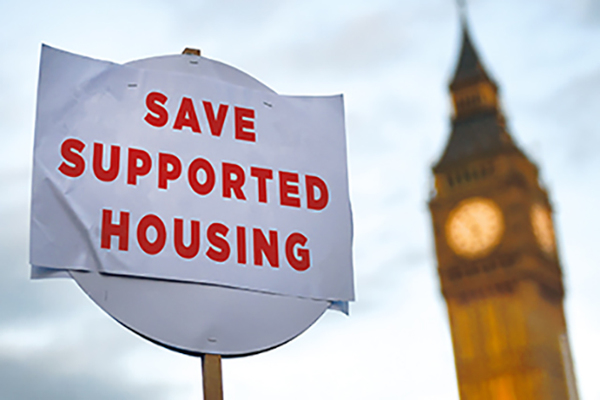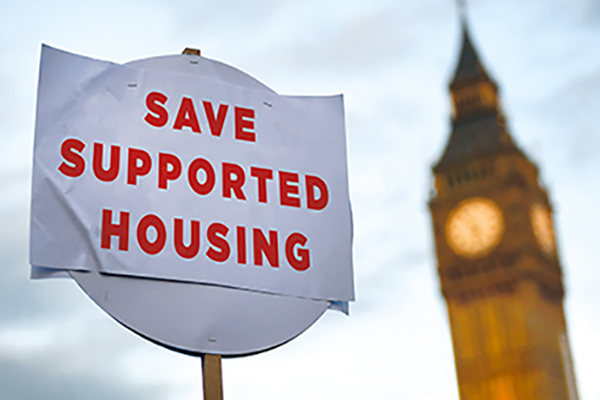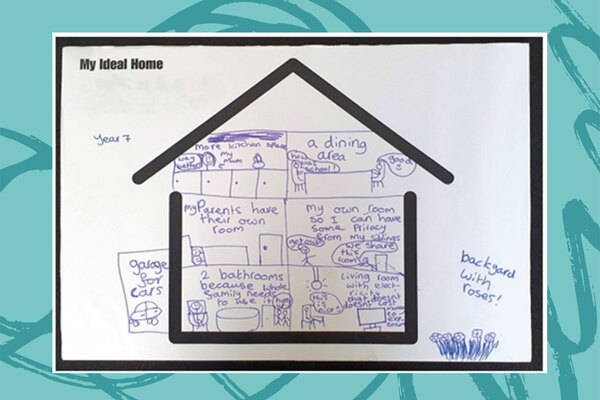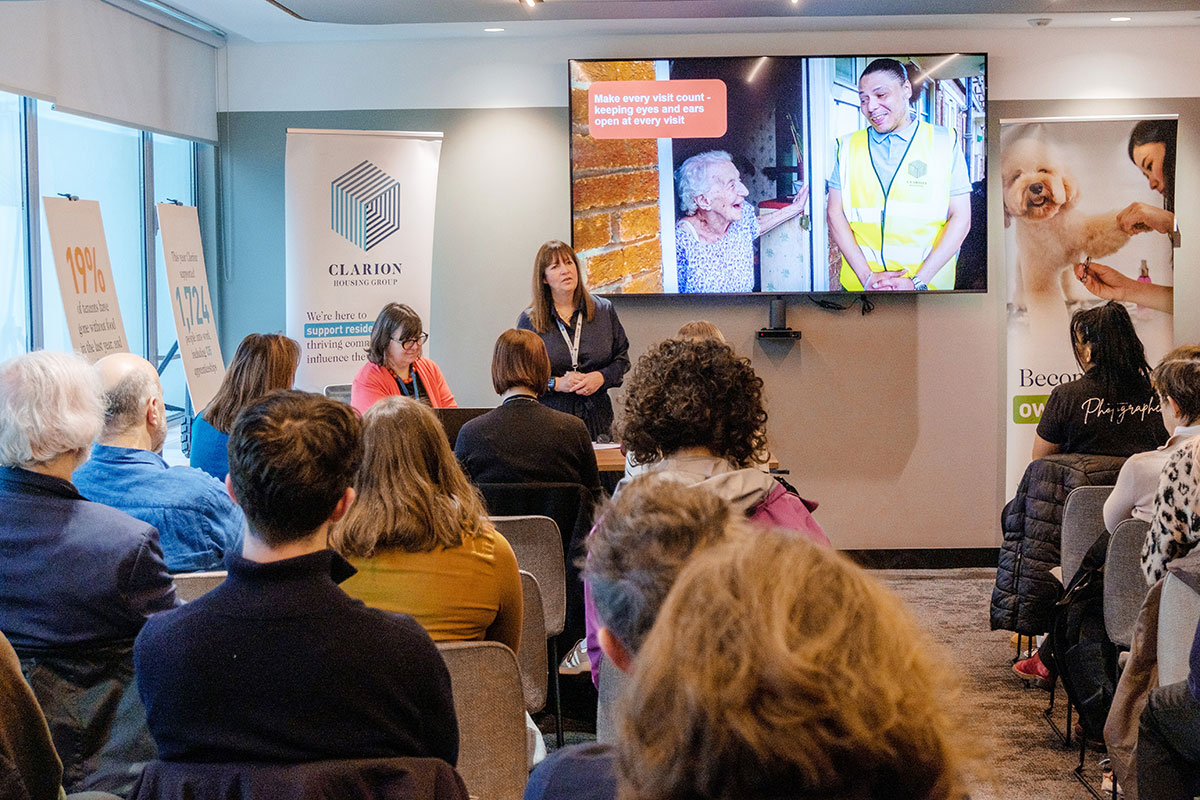You are viewing 1 of your 1 free articles
Housing associations and sector bodies welcome ‘certainty’ of supported housing announcement
The housing sector has warmly welcomed the government’s decision to abandon controversial plans to reform the funding of sheltered housing.
In an announcement yesterday, ministers said they would no longer cap benefits for supported housing tenants and fund schemes through ‘top-up’ grants administered by local authorities.
Instead, all supported housing residents will have their housing costs paid through housing benefit – with the government effectively electing to maintain the status quo after two and a half years of consulting on changes.
David Orr, chief executive of the National Housing Federation, said: “This is a hugely welcome decision that shows that government has listened to the concerns of housing associations and the people who use these vital homes and services.
“After years of uncertainty, we are delighted that housing costs will remain in the social security system for all supported housing, sheltered and extra care.
“This announcement means that hundreds of thousands of people, many of whom are vulnerable, will continue to receive the support they need by right, through the social security system.”
Melanie Rees, head of policy at the Chartered Institute of Housing, said: “This type of housing provides vital support for some of the most vulnerable people in our society – people who have been victims of homelessness or domestic abuse for example – and it is absolutely right that it will continue to be funded by the welfare system.
“Without that certainty there was a real risk that refuges and other supported housing schemes would have been forced to close.”
Providers had warned that the new system would stymie development by creating uncertainty, through fears that local authorities may cut the ‘top up’ funding in years to come.
David Montague, chief executive of L&Q, added: “It has been an anxious wait but we are delighted that the government has listened to the sector’s concerns in continuing to fund short term supported accommodation through the welfare system and dropping plans to introduce a sheltered rent.
“This is a much more secure guarantee of funding and will assure the viability of future schemes as well as allowing short term supported residents to better transition into independent living.”
Paul Hackett, chief executive of Optivo and chair of the G15 group of large housing associations said: “I’m delighted government have listened and acted. The country desperately needs more extra care and supported and housing. The previous proposals left the sector with inadequate assurance that long term revenue costs would be met by government. By bringing rents and service charges back within housing benefits I’m confident housing associations will invest in new supply.”
He added that it was “right” that government requires controls over value for money, and called for a higher ‘local housing allowance’ that would create greater efficiency.
Jane Ashcroft, chief executive of Anchor, Clare Tickell, chief executive of Hanover, and Bruce Moore, chief executive of Housing & Care 21, had lobbied the government over the proposed changes.
In a joint statement, they said: "We welcome today’s response. It is clear that the government has listened to the concerns of the sector and that they have taken on board suggestions that will help alleviate the fear that many providers and tenants felt if the proposed changes to funding had been implemented.
"We are particularly keen to continue working with the government to make sure the appropriate level of funding provision is in place for tenants. This includes having a framework which ensures access to key services, helps provide suitable housing across the country and which provides value for money.
The announcement is the latest in a saga that began with plans to cap all social housing tenants’ housing benefit, including supported housing tenants, in line with the Local Housing Allowance (LHA), which is used to set benefit rates for tenants of private landlords.
This would have caused problems for supported housing providers as rents pay for enhanced services, and are often above rents paid by private tenants.
This plan, referred to widely as the “LHA cap” was ditched by Theresa May last October. The government then consulted on alternative proposals, including the council funding plan axed today.
This story will be updated.













